Octavia Bridgewater was a strong African American woman who lived under the veil of racism in Helena, Montana during the first half of the twentieth century. She earned the respect of the Helena community, and helped make a difference in the lives of other African Americans.
Bridgewater was a product of her mother’s encouragement. She graduated from Helena High School in 1925 and went on to attend the Lincoln School of Nursing in New York City, which was, at the time, one of only two nursing schools exclusively for African Americans. After graduating in August 1930, she attended the University of the State of New York, where, a month later, she received her registered nurse’s degree. Returning home to Helena, Octavia discovered that Montana hospitals did not hire African American nurses, and so she worked as a private-duty nurse.
In 1941, the Army Nurse Corps began accepting a small number of African American nurses, and a year later, Bridgewater was one of fifty-six black nurses accepted for service. At the end of World War I, during the influenza epidemic when there was a severe shortage of nurses, the Army Nurse Corps enlisted eighteen black women. They cared for German prisoners of war and African American soldiers stateside, but they had never served in wartime before 1941.
Bridgewater not only fought for the rights of African American nurses, but her service helped improve the status of all nurses. World War II brought a new respect for women nurses, allowing them full status as officers, full employment, and an improved public image.
fter the war, St. Peter’s Hospital in Helena began to hire black personnel, and Bridgewater served as a much beloved and long-remembered registered nurse in the maternity department until she retired in the 1960s. She died at age eighty-two in 1985.
source:

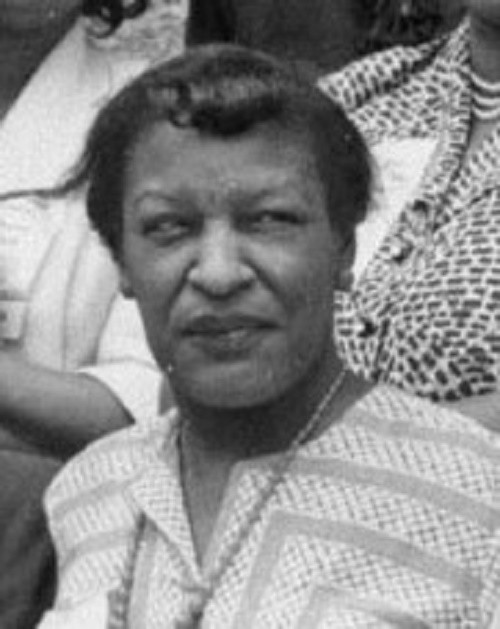




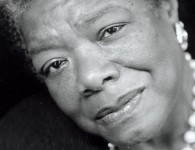





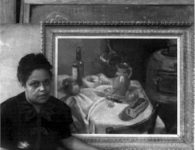


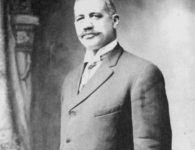

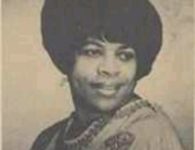
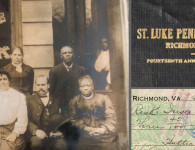


No comments